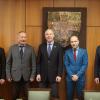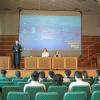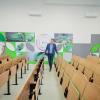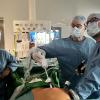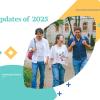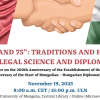Building communities across borders
2024
Oct
16
Claire Le Graët, a dedicated EDUC team member at the University of Rennes, has been at the forefront of fostering cross-border collaboration and innovation within the European Digital University (EDUC) Alliance. Since joining in May 2023, Claire’s role has focused on raising awareness, promoting mobility, and strengthening ties across member institutions. In this interview, she shares her experiences, insights into community building, and the transformative impact of EDUC on students, staff, and the wider academic landscape.
Can you share your journey with EDUC so far? How did you initially get involved, and what has your experience been like?
I joined the EDUC Alliance in May 2023 as part of the local team at the University of Rennes. My responsibilities include raising awareness about the alliance’s initiatives and fostering connections with partner institutions. From the beginning, it has been an incredibly fulfilling experience, as I’ve witnessed the collaborative efforts that are shaping a truly European campus.
EDUC’s focus on cross-border collaboration and educational innovation drew me in, and being part of an initiative that enhances student and staff mobility while promoting knowledge-sharing and cultural understanding is truly exciting.
Why is EDUC important in your opinion?
EDUC unites universities with shared goals, such as internationalising education, promoting research collaboration, and preparing students for a globalised world. It creates a platform for innovation, cultural exchange, and new opportunities, strengthening European identity and building a more harmonised educational and research ecosystem across the continent.
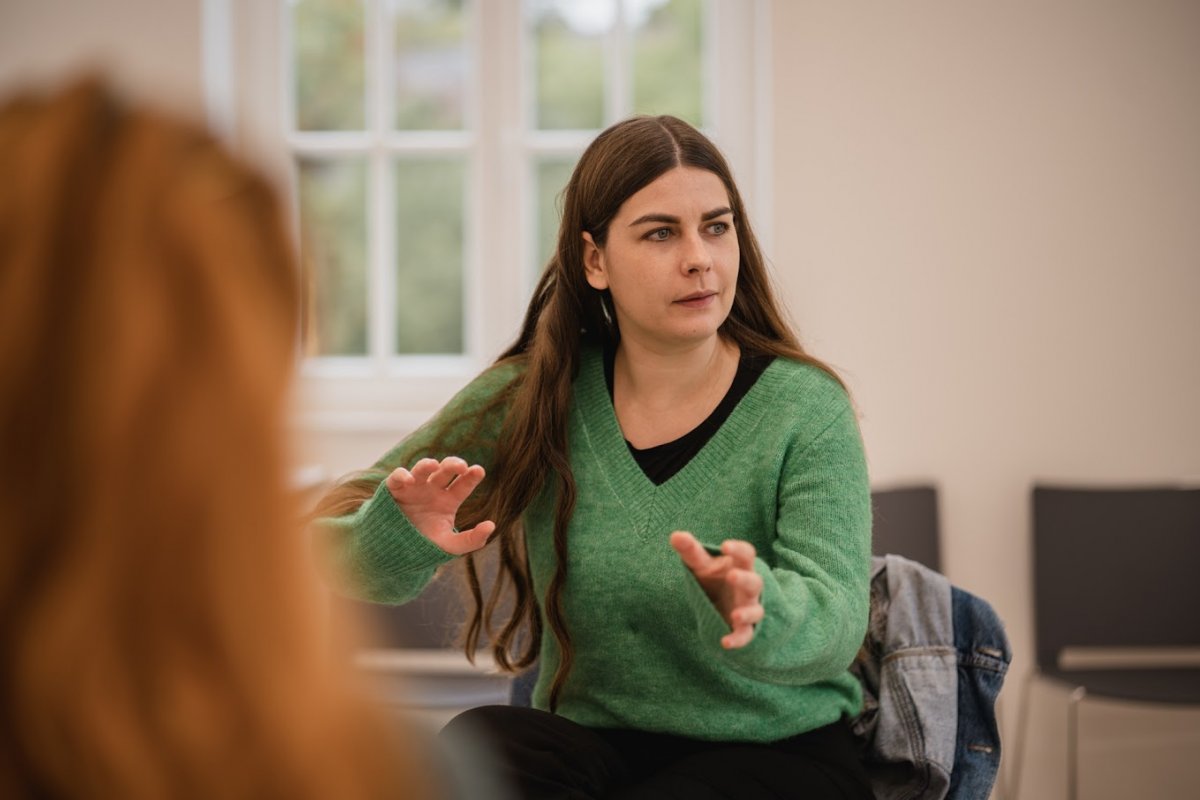
If you could describe EDUC in three words, what would they be?
Collaborative, creative, transformative.
What opportunities for collaboration do you see arising, and how can other member universities get involved?
EDUC facilitates co-design meetings where we develop new instruments and services, creating a platform for sharing ideas and best practices.
In-person events further strengthen these connections, allowing member universities to share resources and work together more effectively.
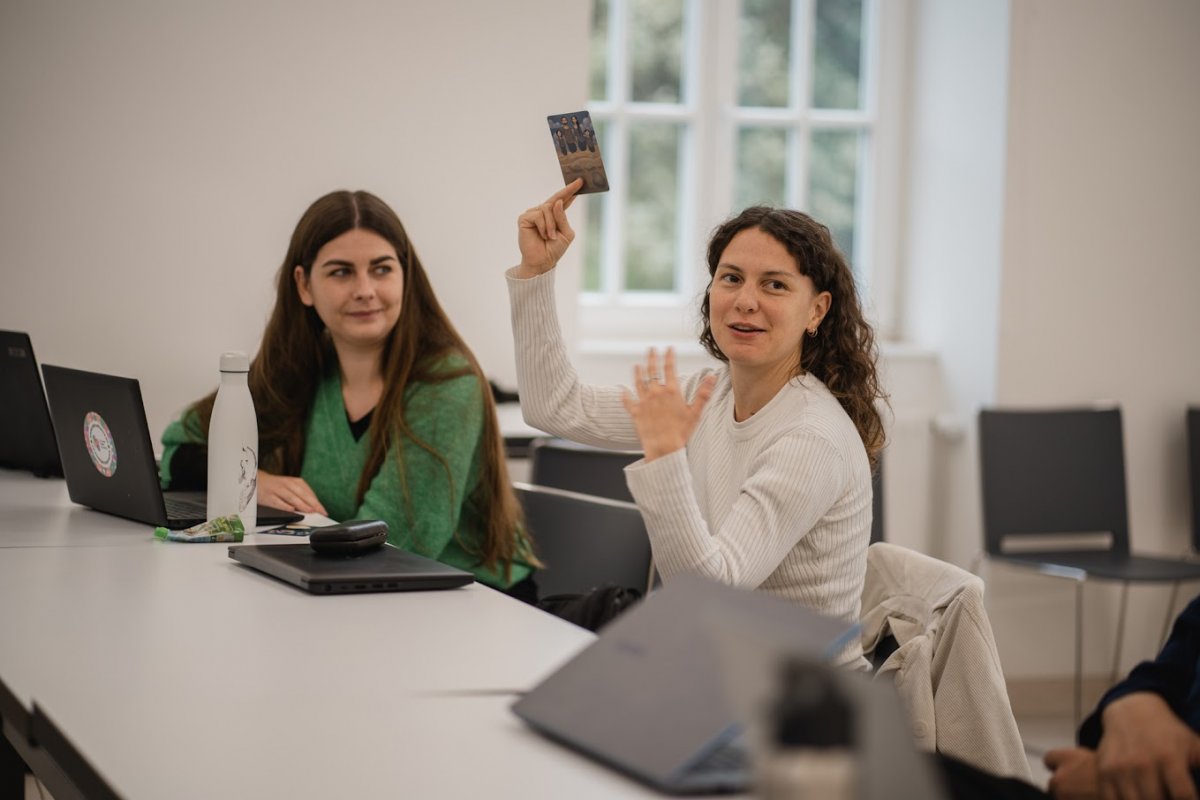
What aspects of the EDUC Alliance do you find most valuable for your work and the wider academic community?
The opportunity to work on diverse projects with colleagues from different countries is inspiring.
The interdisciplinary nature of EDUC initiatives enriches collaboration, while the student mobility programmes (virtual, blended, and short) offer students access to a wider range of courses, providing internationalised and personalised academic pathways.
For the research community, international collaboration is invaluable for advancing research and fostering knowledge creation.
Can you share some memorable projects or initiatives you've been involved in through EDUC?
One project I coordinated was a local event at the University of Rennes that gathered teachers, researchers, and non-academic staff involved with EDUC. We arranged a lunch and activities to enhance their sense of belonging and acknowledge their roles as ambassadors of the alliance. Their engagement is crucial to advancing EDUC’s goals, and this event reinforced their commitment to fostering collaboration.
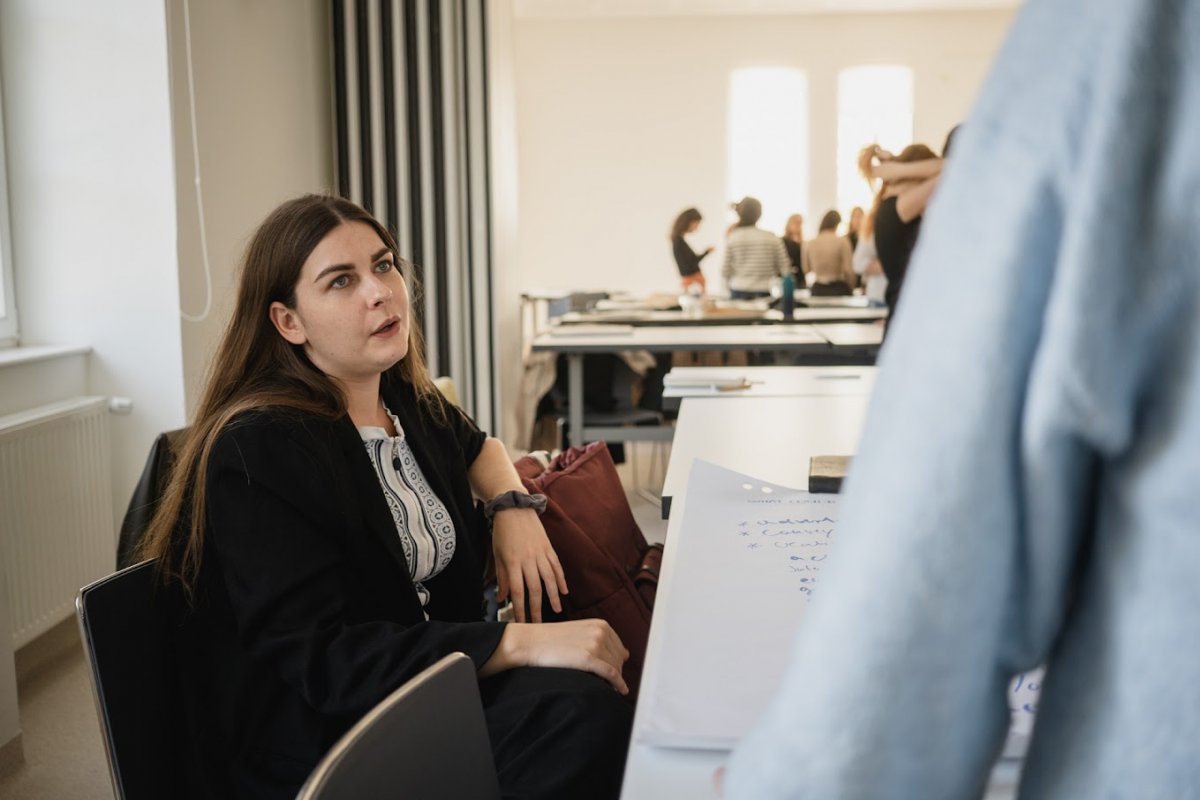
I heard the University of Rennes is targeting high school students with specific initiatives. Can you elaborate on that?
We’re connecting with high school students during university open days and EDUC events. Our offerings are similar to the European section in high schools but are tailored to individual preferences. This approach engages students directly, highlighting the diverse opportunities available in higher education.
Today’s high school students are tomorrow’s Bachelor students, so we aim to plant the seeds early.
How do you think this project will impact high school students' perceptions of higher education?
I believe it will have a positive impact by offering firsthand insights into university life. Through these events, we can demystify the experience and showcase the opportunities EDUC provides. By emphasizing the flexible and inclusive nature of our programmes, we encourage students to explore their interests and make informed academic choices.
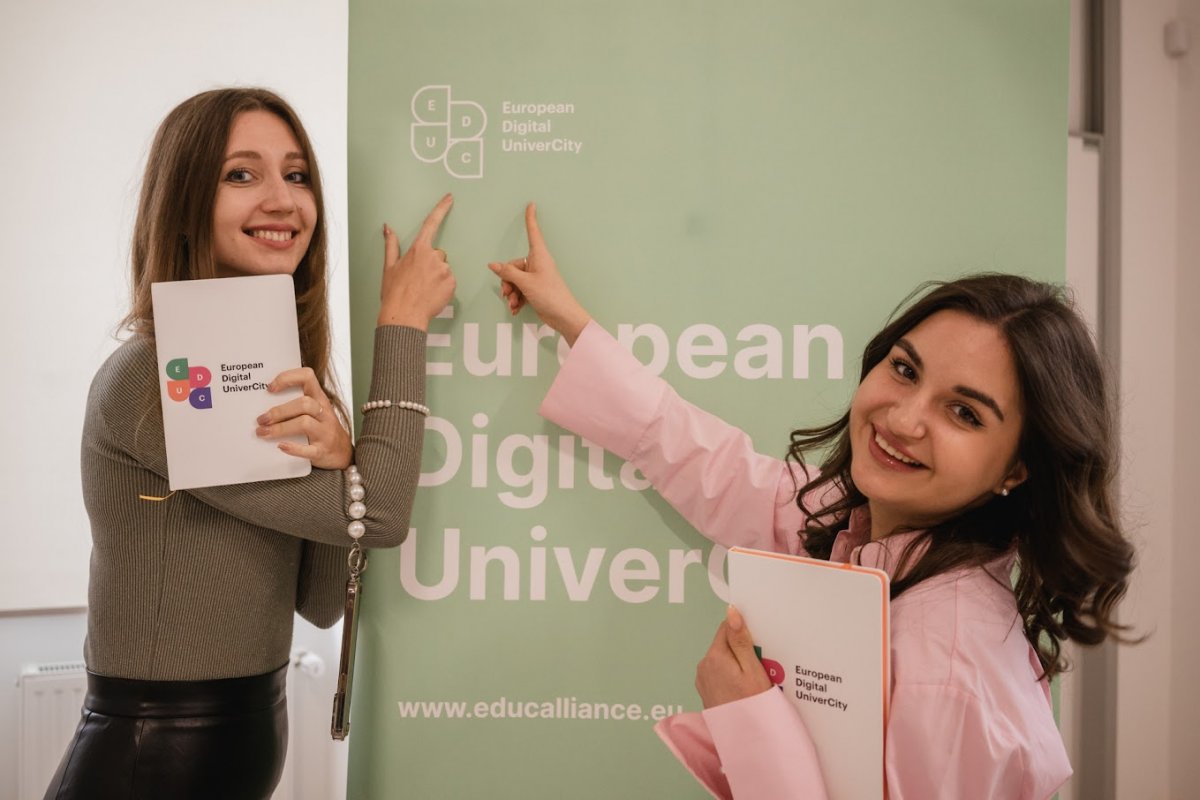
Why is community building important for the success of the EDUC Alliance, and how does it foster engagement among its members?
Community building in the EDUC Alliance is about fostering a sense of belonging among students, staff, teachers, and researchers across member universities.
It creates an environment where everyone feels connected and can engage with the opportunities offered by the alliance.
This sense of community is critical for the success of EDUC, as it cultivates awareness, trust, and active participation. When people are informed and engaged, they share experiences, respond to calls, and collaborate more effectively, amplifying the alliance's impact on higher education.
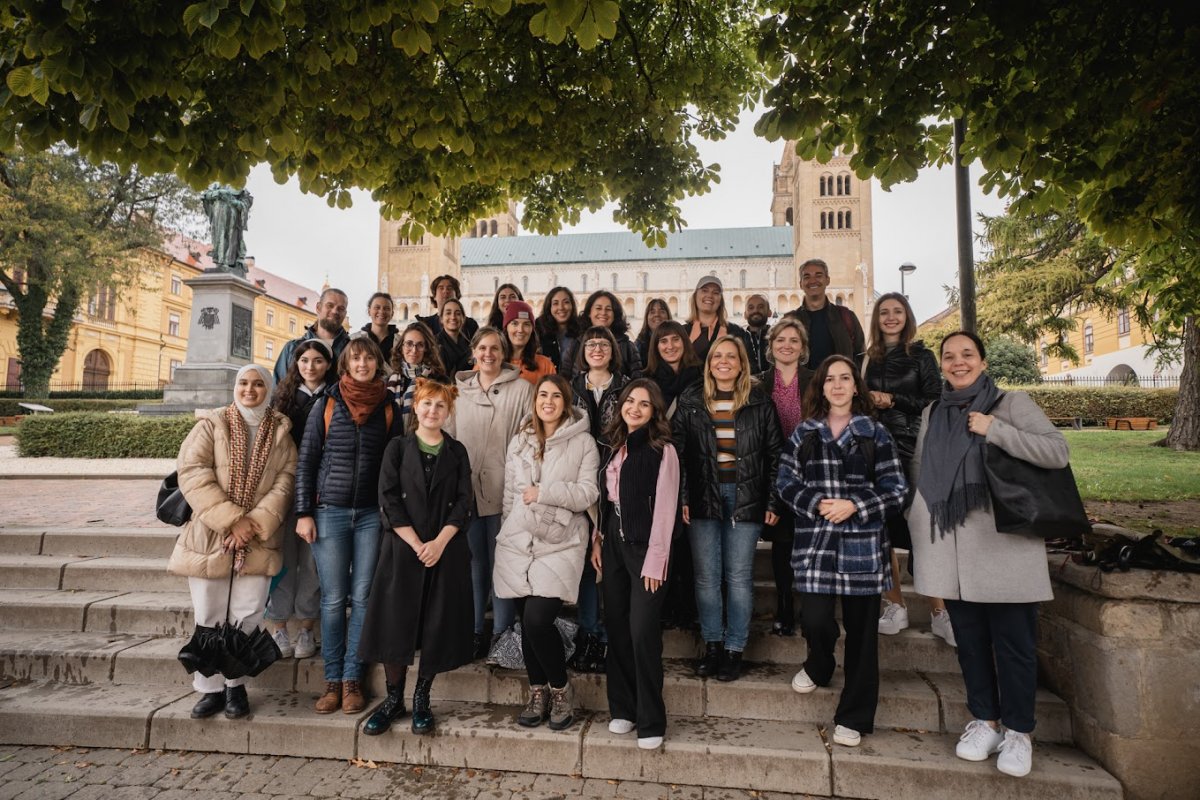
How does the EDUC Alliance promote cultural exchange, and what role does this play in community building?
The alliance promotes cultural exchange through mobility programmes, language courses, and collaborative projects that bring together people from different backgrounds. This exchange fosters understanding and appreciation for different perspectives, which is a cornerstone of community building.
Joining EDUC offers unique opportunities for growth, collaboration, and transformation.
For students, it’s a chance to study abroad, experience new cultures, and gain skills for personal and professional development. For staff, it’s an opportunity to engage in groundbreaking projects and collaborate internationally, contributing to education and research across Europe.
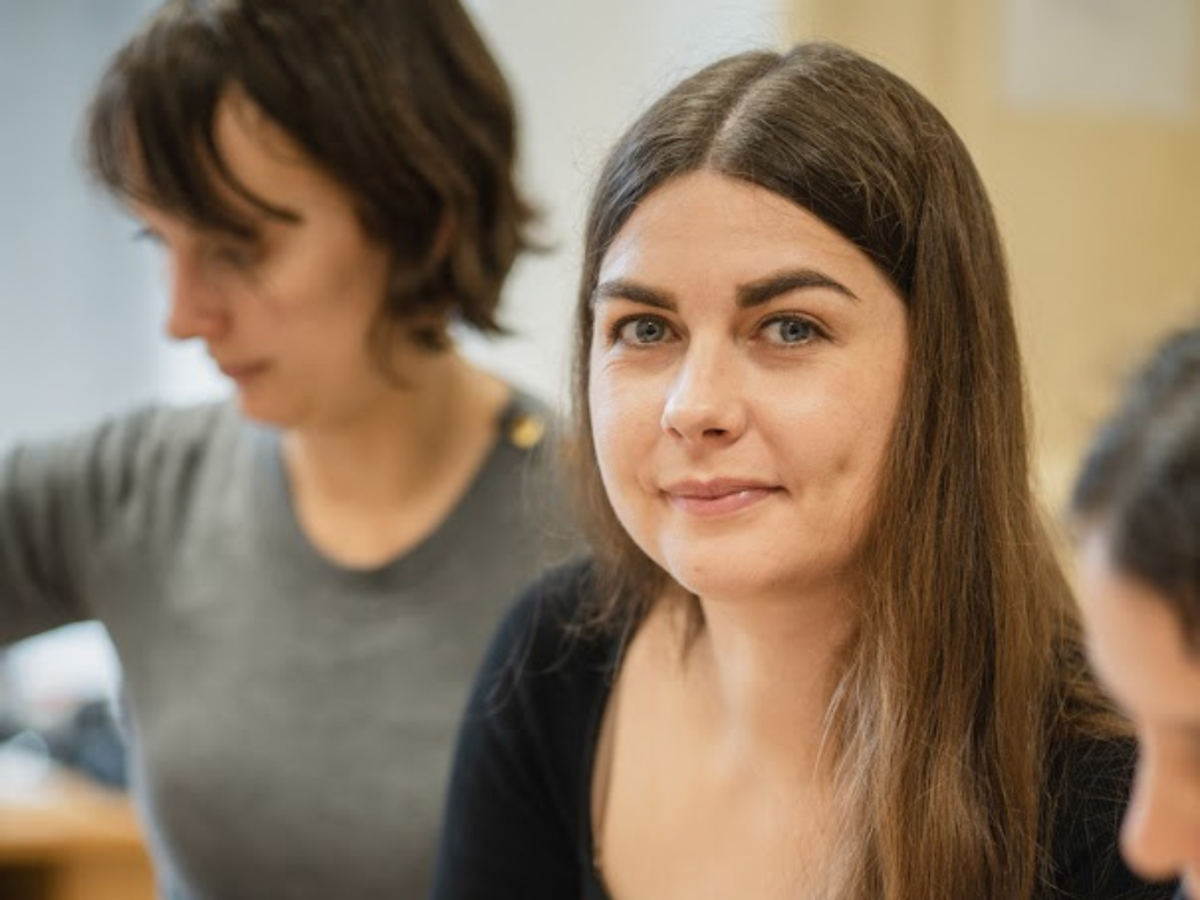
Once relationships are established, how can we maintain and strengthen them?
Maintaining and strengthening connections requires consistent communication and collaboration.
Regular events, shared networking platforms, and joint projects play crucial roles.
Additionally, celebrating the community’s achievements helps reinforce the importance of working together.
How do you gather feedback from community members, and how does it influence future community-building efforts?
We gather feedback through surveys, focus groups, testimonials, and informal discussions. This input shapes future initiatives by highlighting what’s working and where improvements can be made. Listening to the community ensures that our projects meet the needs of those involved.
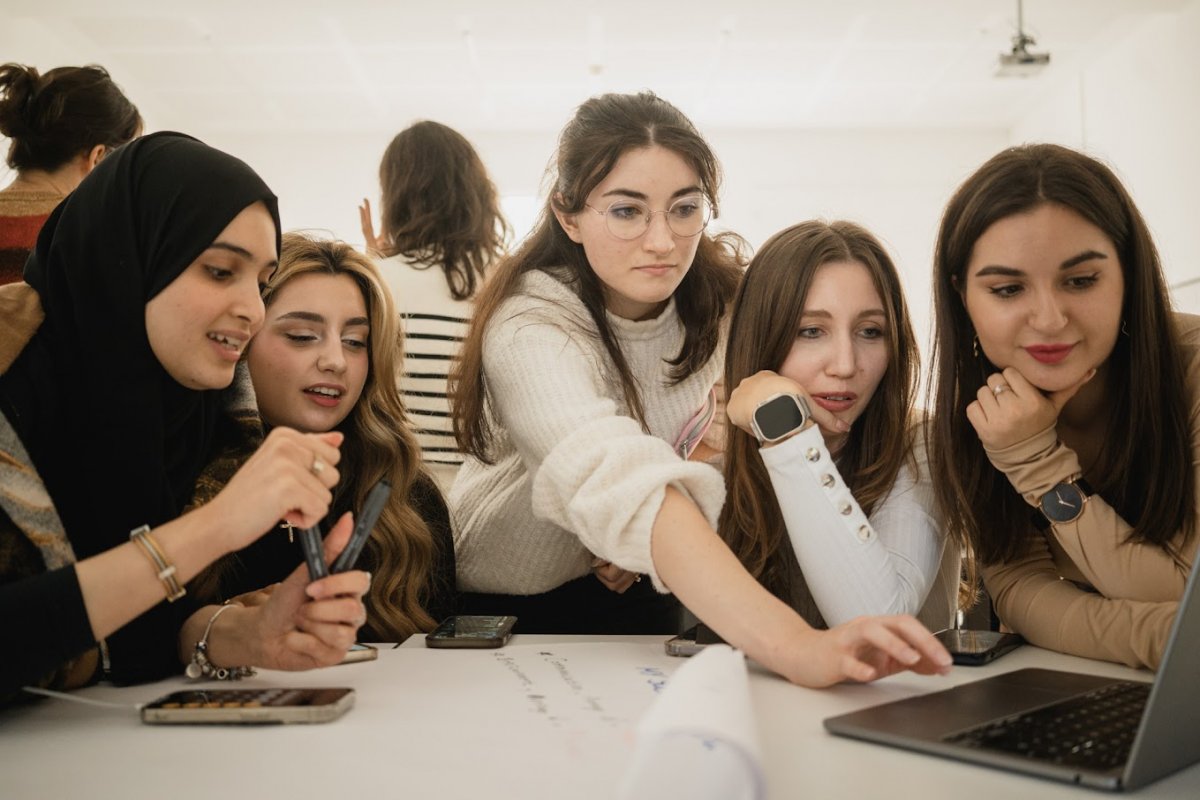
What personal goals do you hope to achieve through your involvement with the EDUC Alliance?
Working with the EDUC Alliance is meaningful to me because
it allows me to contribute to something impactful.
I hope to play a role in its continued development.
Unlock your potential! Online courses, internships, and European spirit - EDUC has it all! Your world just got bigger!
Photos by Dávid Molnár
- Log in to post comments
University of Pécs | Chancellery | IT Directorate | Portal group - 2020.


